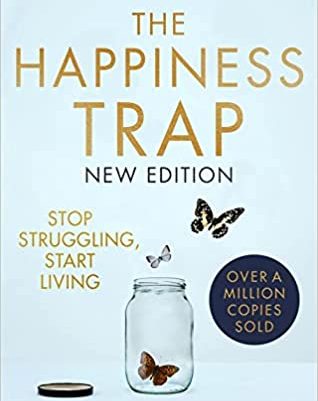
Hypersonic Missiles
Photo by Bill Jelen on Unsplash
Can you say that you've lived your life?
The Retune Blog - 30th June 2023
Having just come back from a Sam Fender gig in Dublin last weekend I’ve still got lyrics to his songs running around my head. And this one in particular has continued to stick with me. It’s from Hypersonic Missiles:
And when the bombs drop, darling, can you say that you've lived your life?
The song itself is a commentary on society. It contemplates topics such our behaviours, the influence of unfettered capitalism and the impact of wealth on exclusion with lyrics such as:
‘I eat myself to death, feed the corporate machine’, ‘You can join their club if you're born into money’, and ‘I am so blissfully unaware of everything: Kids in Gaza are bombed, and I'm just out of it’.
Yet, what really strikes me, is that alongside the social examination and commentary, there is a humble admission from Fender:
I'm not smart enough to change a thing, I've no answers, only questions …
As a life coach working with people in all sorts of complex personal situations, this is something I can absolutely relate to. I don’t have any simple and sufficient answers to life’s experiences. Indeed, usually I only have questions. But, I think, really, this is what we need.
There is nothing wrong in itself with seeking answers. However, it seems to me that what we are often looking for in answers is a formula for escaping or avoiding the adversities and challenges of life. And that’s why I really love this lyric:
And when the bombs drop, darling, can you say that you've lived your life?
The song recognises the inequality and absurdity which we have created in life, and doesn’t allow us to think that it’s OK. But, at the same time, it doesn’t allow us to be disabled by the knowledge that life is hard. No matter what bombs are dropping, we have to go on living our life in a way that allows us to say, no matter what, we’ve really lived. And to do this we have to change what we can, and accept what we cannot.
Harris explores the core principles of Acceptance and Commitment Therapy as a means of beating the trap of being driven by temporary instantaneous happiness to move us toward a meaningful long term vision of life which helps us respond well to the challenges we face.
Starting with the idea that we need to recognise the mechanisms of our observing and thinking selves, he shows us how to defuse unhelpful thoughts, expand our capacity to deal with negative emotions and connect with the present. He continues looking at developing personal values as a foundation for acting in a consistent way for a meaningful and genuinely happy life.









-
-
1 year
Tagged imperfection, joy, paul mccartney, Perfectionism, wonderful christmastime